The Remote Islands of Scotland’s Orkney Archipelago
The Orkney Islands, situated off the northeastern coast of Scotland, form a remote and captivating archipelago that beckons adventurers and nature enthusiasts alike. These islands, with their rugged coastlines, ancient history, and unique culture, offer a truly immersive experience for visitors seeking a getaway from the hustle and bustle of modern life.
Exploring the Orkney Islands means delving into a world steeped in history and culture. From Neolithic archaeological sites like Skara Brae to the Viking relics scattered across the landscape, every corner of Orkney tells a story of its past. Traditional music and folklore also play a significant role in shaping the identity of these islands, adding a touch of mystique to the overall experience.
One cannot talk about Orkney without mentioning its natural beauty and diverse wildlife. The islands boast stunning landscapes, from rolling green hills to dramatic cliffs overlooking the North Sea. Seabird colonies thrive along the rocky shores, while seals and even orcas can be spotted in the surrounding waters. Nature lovers will find themselves in paradise amidst the untouched wilderness of the Orkney archipelago.
Geology enthusiasts will marvel at the unique geological features of Orkney, shaped by volcanic activity and glacial processes over millions of years. The rugged terrain, dotted with ancient rock formations and sea stacks, offers a glimpse into the tumultuous geological history of these remote islands.
Local communities in Orkney maintain a strong connection to their traditions, with fishing and farming practices deeply ingrained in daily life. Visitors can immerse themselves in the vibrant culture of the islands, attending local festivals, exploring craft markets, and sampling traditional Orcadian dishes made from locally sourced ingredients.
When it comes to cuisine, Orkney offers a delightful array of flavors, with fresh seafood taking center stage. From succulent scallops to hearty stews, the local gastronomy reflects the islanders' reliance on the sea and the land for sustenance. Every meal in Orkney is a celebration of the bounties of nature.
The climate of Orkney is as unpredictable as it is enchanting, with ever-changing weather patterns and seasonal variations in daylight hours. Visitors should come prepared for all types of conditions, from sunny skies to brisk winds sweeping across the open landscapes. The elements add an element of excitement to any journey through the Orkney Islands.
Planning a trip to Orkney requires careful consideration of travel tips and essential visitor information. From choosing the right accommodation to navigating the transportation options between the islands, a well-prepared itinerary ensures a smooth and enjoyable experience in this remote corner of the world. Must-see attractions, such as the Ring of Brodgar and the Italian Chapel, offer glimpses into Orkney's past and present.
Conservation efforts and sustainability initiatives play a crucial role in preserving the natural environment and cultural heritage of the Orkney archipelago. From wildlife protection programs to eco-friendly practices in tourism, the local community is dedicated to ensuring that future generations can continue to enjoy the beauty and richness of these remote islands.
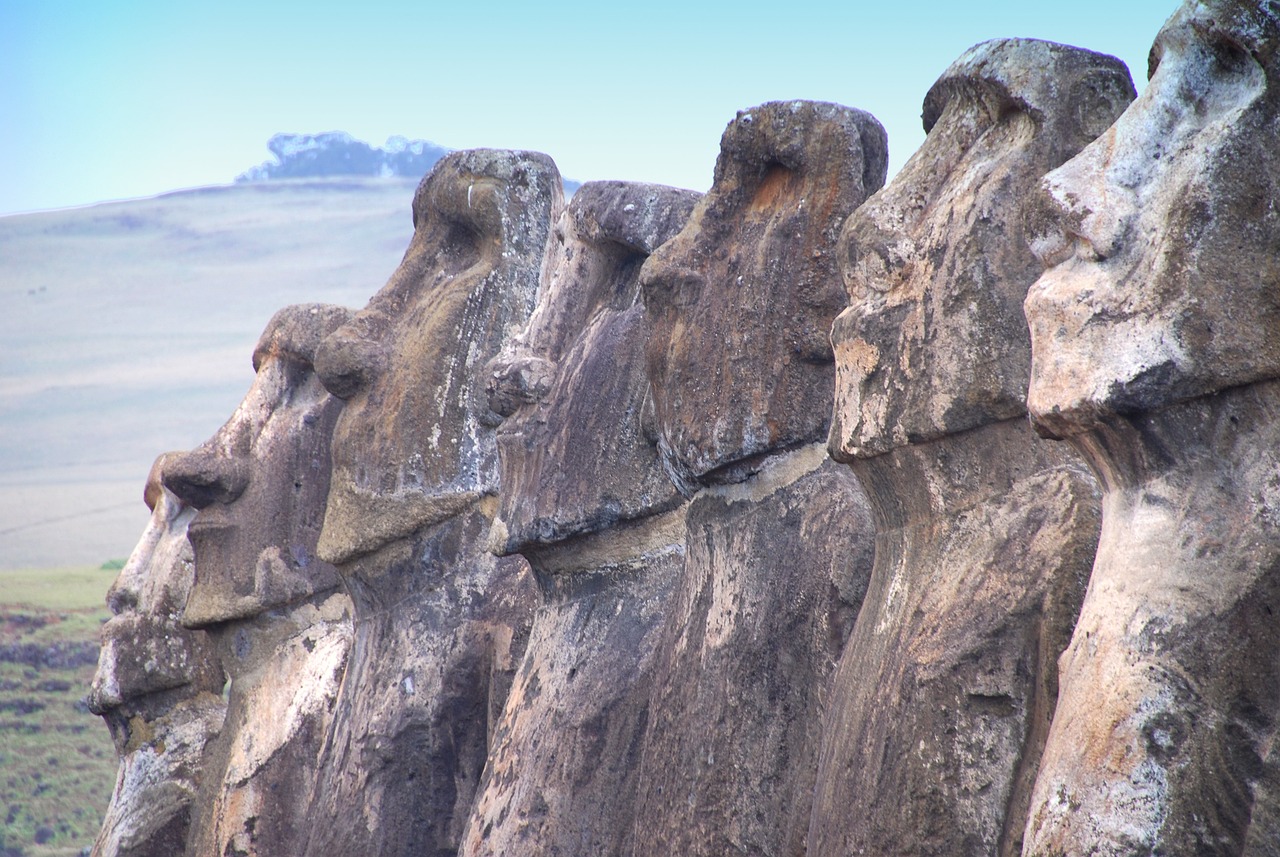
History and Culture of Orkney
Embark on a journey back in time as we delve into the fascinating history and rich cultural tapestry of the Orkney Islands. Nestled off the northeastern coast of Scotland, Orkney boasts a heritage that dates back thousands of years, with a myriad of archaeological sites bearing witness to its ancient past.
From the iconic standing stones of the Ring of Brodgar and the Neolithic village of Skara Brae to the imposing fortress of the Bishop’s Palace, each site tells a story of the people who once inhabited these lands. The Orkney Islands have been inhabited for over 8,500 years, making them a treasure trove of history waiting to be explored.
But it's not just the ancient ruins that define Orkney's cultural identity. The islands are also steeped in folklore and tradition, with a vibrant music scene that celebrates the local heritage. Traditional Orcadian music, with its haunting melodies and lively rhythms, echoes through the narrow streets of the island villages, inviting visitors to immerse themselves in the island's unique charm.
Moreover, the warm hospitality of the local communities adds a special touch to the cultural experience. Whether you're attending a traditional ceilidh, sampling local delicacies at a food festival, or browsing through handmade crafts at a local market, the Orkney Islands offer a glimpse into a world where time-honored traditions thrive alongside modern influences.
As you explore the historic sites, interact with the friendly locals, and immerse yourself in the vibrant culture of Orkney, you'll come to appreciate the intricate tapestry of stories that have shaped this remote archipelago into a truly remarkable destination.
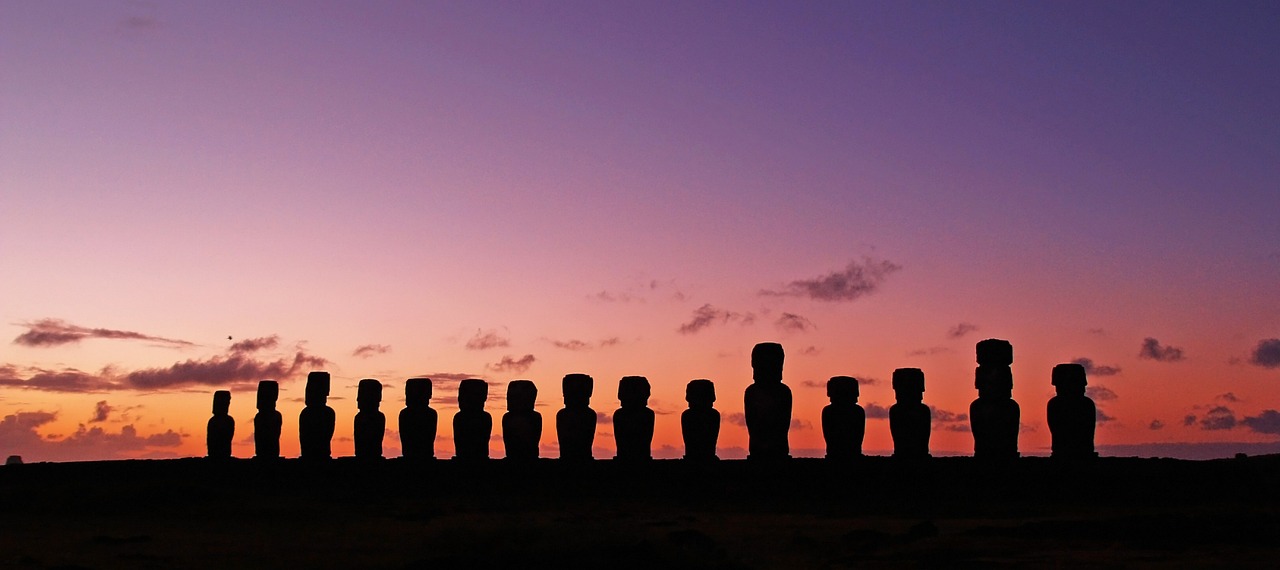
Natural Beauty and Wildlife
The Orkney Islands are renowned for their breathtaking natural beauty and diverse wildlife, making them a paradise for nature enthusiasts and outdoor adventurers alike. The rugged coastlines, pristine beaches, and rolling green hills create a picturesque backdrop that is truly awe-inspiring. Imagine standing on the cliffs overlooking the vast expanse of the North Sea, feeling the cool breeze on your face and listening to the soothing sounds of waves crashing against the rocks.
One of the most remarkable aspects of Orkney's natural beauty is its abundance of wildlife. The islands are home to a variety of seabird colonies, including puffins, guillemots, and razorbills. These majestic birds can be seen soaring through the sky or perched on the cliffs, their colorful plumage adding a vibrant touch to the landscape. In addition to seabirds, Orkney is also a haven for marine life, with seals, dolphins, and even whales frequently spotted in the surrounding waters.
Exploring the Orkney archipelago, you may encounter adorable puffins nesting in the cliffs, playful seals basking in the sun, or majestic orcas gracefully swimming in the sea. The islands' wildlife is truly a sight to behold, offering a glimpse into the wonders of the natural world. Whether you're a birdwatching enthusiast or simply appreciate the beauty of the great outdoors, Orkney's wildlife will captivate and inspire you.
Moreover, the diverse ecosystems of the Orkney Islands provide a unique opportunity to witness the intricate balance of nature at work. From the lush meadows teeming with wildflowers to the rugged moorlands dotted with ancient standing stones, each corner of Orkney offers a new and exciting experience for visitors. The interplay between land and sea, flora and fauna, creates a harmonious tapestry that showcases the resilience and beauty of the natural world.
As you immerse yourself in the natural beauty and wildlife of the Orkney Islands, you'll come to appreciate the delicate interconnectedness of all living things. Every bird in the sky, every fish in the sea, and every plant on the land plays a vital role in maintaining the ecosystem's health and vitality. By preserving and protecting these precious habitats, we ensure that future generations can continue to marvel at the wonders of Orkney's natural world.

Orkney’s Unique Geology
Known for their rich historical heritage, stunning natural beauty, and unique geology, the Orkney Islands are a hidden gem waiting to be explored. Situated off the northeastern coast of Scotland, this remote archipelago boasts a fascinating blend of history, culture, and wildlife that captivates visitors from around the world.
One of the most intriguing aspects of the Orkney Islands is their unique geology, shaped by ancient volcanic activity and glacial processes over millions of years. The landscape is characterized by rugged cliffs, rolling hills, and dramatic sea stacks that stand as a testament to the region's turbulent geological past.
The islands are also home to a wealth of geological wonders, including the famous Old Man of Hoy, a towering sea stack that rises dramatically from the sea. This iconic landmark is a testament to the erosive power of the ocean and the enduring nature of the Orkney landscape.
Furthermore, the Orkney Islands are dotted with neolithic sites that showcase the region's geological diversity. From the towering sandstone cliffs of Yesnaby to the ancient volcanic rocks of Hoy, each island in the archipelago offers a unique glimpse into the geological history of the area.
Visitors to Orkney can marvel at the intricate patterns of the island's rocks, shaped by centuries of geological processes. The interplay of light and shadow on the rugged coastline creates a mesmerizing spectacle that highlights the raw beauty of Orkney's geological formations.
Whether exploring the sea-carved caves of Yesnaby or hiking along the windswept cliffs of Hoy, the Orkney Islands offer a geological adventure like no other. From ancient volcanic rocks to glacial deposits, the geology of Orkney is a testament to the enduring power of nature and the timeless beauty of the Scottish landscape.
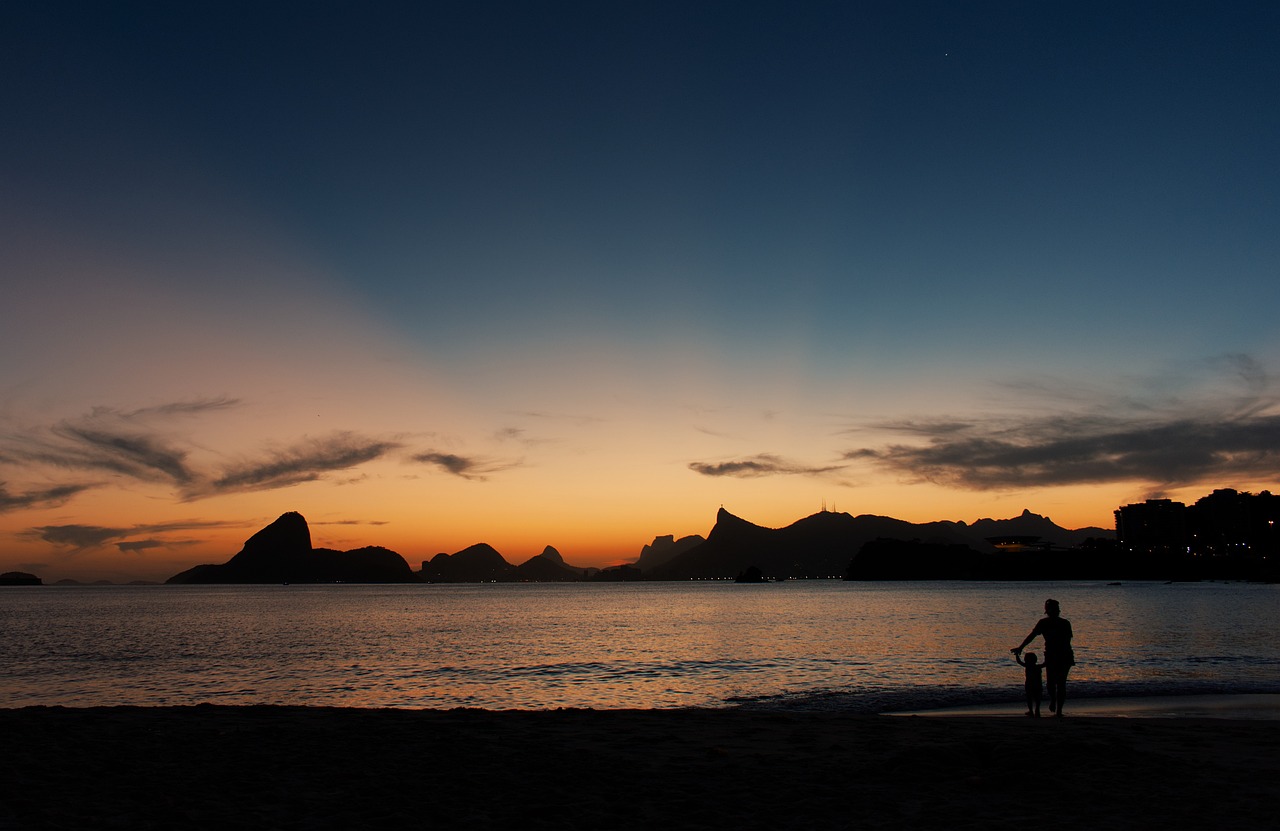
Local Communities and Traditions
Local communities and traditions play a vital role in shaping the unique identity of the Orkney Islands. Despite being remote, these islands are home to vibrant and close-knit communities that have preserved their traditions for generations. The local way of life revolves around fishing, farming, and craftsmanship, reflecting a deep connection to the land and sea.
One of the most significant traditions in Orkney is the annual Ba’ Game, a fiercely competitive and ancient ball game that pits the Uppies against the Doonies in a chaotic but spirited match. This event not only showcases the islanders' competitive spirit but also serves as a symbol of community unity and shared heritage.
The Orcadians are known for their friendliness and hospitality, welcoming visitors with open arms and sharing stories of their rich history and folklore. Traditional music and dance are integral to local gatherings and celebrations, with the haunting melodies of Orkney tunes echoing through the island villages.
Local festivals such as the St. Magnus International Festival bring together artists, musicians, and performers from around the world to celebrate the cultural diversity and artistic talent of Orkney. These events are not only a showcase of talent but also a testament to the community's commitment to preserving their heritage.
Artisans and craftspeople in Orkney continue to practice traditional skills such as boat-building, weaving, and jewelry-making, passing down their knowledge from one generation to the next. The intricate designs and craftsmanship of Orcadian products reflect the islanders' pride in their heritage and their commitment to preserving traditional arts.
Moreover, the close relationship between the local communities and the natural environment is evident in the sustainable fishing practices and organic farming methods employed in Orkney. The islanders have a deep respect for the land and sea, understanding the importance of preserving their resources for future generations.

Cuisine and Gastronomy
Known for their rich history, stunning landscapes, and unique culture, the Orkney Islands are a hidden gem waiting to be explored. Nestled off the northeastern coast of Scotland, this remote archipelago offers a glimpse into a world where ancient ruins coexist with modern traditions. Let's embark on a journey to uncover the secrets of Orkney's past and present.
When it comes to culinary delights, Orkney offers a feast for the senses. The cuisine of the islands is a reflection of their maritime heritage, with a focus on fresh seafood and locally sourced ingredients. From succulent Orkney beef to tender lamb raised on the lush pastures, every dish tells a story of the land and sea.
One of the highlights of Orcadian gastronomy is their world-renowned smoked salmon, prized for its delicate flavor and buttery texture. Pair it with a slice of homemade bere bannock, a traditional oatcake, for a true taste of Orkney. For those with a sweet tooth, the islands are famous for their rich and creamy Orkney fudge, a decadent treat not to be missed.
Exploring the local markets and food festivals is a must for any food enthusiast visiting Orkney. Sample freshly caught shellfish, artisanal cheeses, and hearty soups made with seasonal vegetables. Wash it all down with a glass of Orkney ale or whisky, crafted with care by local distilleries that have been perfecting their art for generations.
For a truly immersive experience, consider joining a traditional Orcadian feast, where you can savor authentic dishes prepared using age-old recipes passed down through the centuries. From hearty stews to delicate pastries, each bite is a celebration of Orkney's culinary heritage.
Whether you're a food lover or simply curious to taste the flavors of the islands, Orkney's cuisine is sure to leave a lasting impression. So come, pull up a chair, and indulge in a culinary journey like no other.
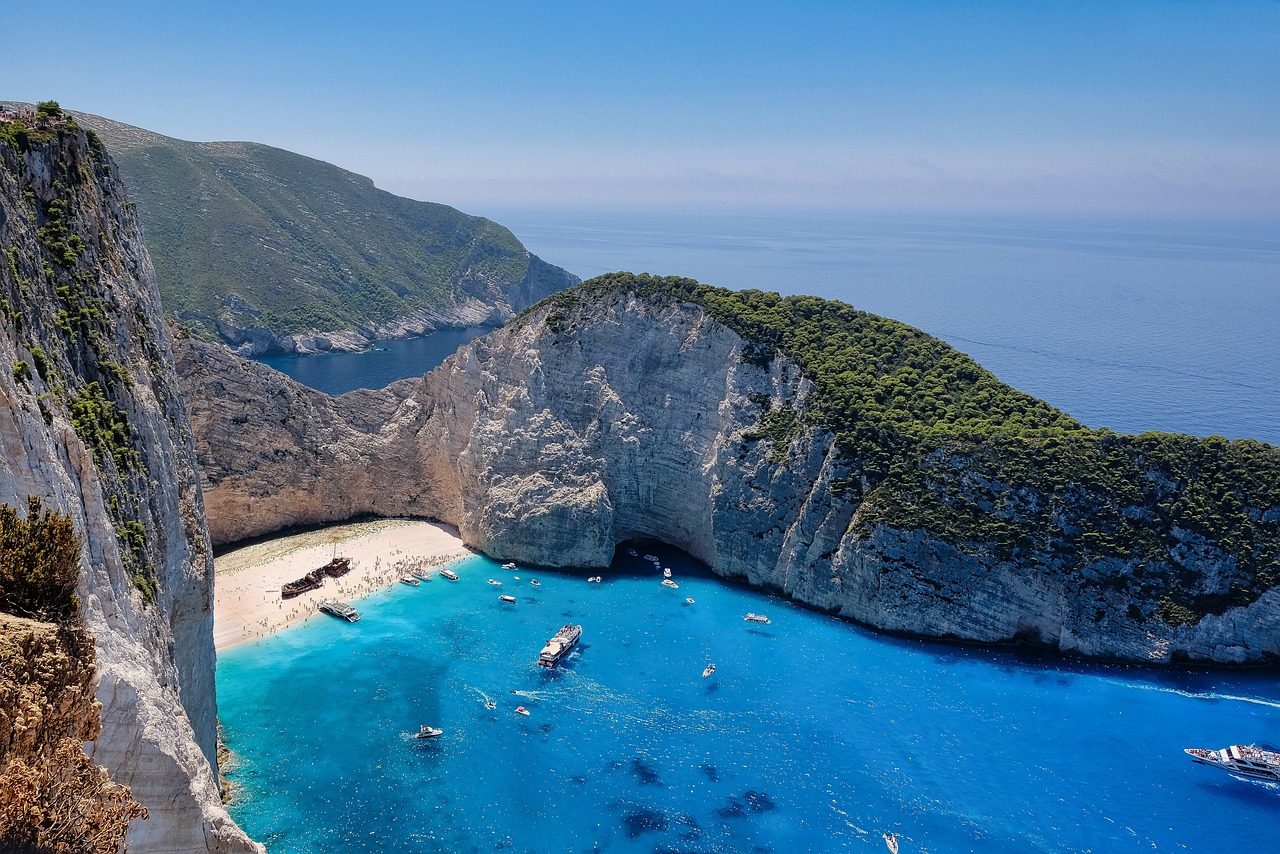
Climate and Weather Patterns
When it comes to the climate and weather patterns of the Orkney Islands, one must be prepared for the unpredictable nature of the North Atlantic. The islands experience a maritime climate, characterized by mild temperatures, cool summers, and relatively warm winters. However, what truly sets Orkney apart is its famously changeable weather. Visitors can experience all four seasons in a single day, with sudden shifts from sunshine to rain and even fog. This variability adds a sense of excitement and adventure to exploring the archipelago, as you never quite know what weather conditions you might encounter next.
The Orkney Islands also boast long daylight hours during the summer months, known as the "simmer dim," when the sun barely sets below the horizon. This phenomenon creates a unique atmosphere, allowing visitors to enjoy extended daylight for outdoor activities and exploration. In contrast, the winter months bring shorter days and the potential for stormy weather, making it a challenging yet rewarding time to witness the raw power of nature in this remote corner of Scotland.
Due to its northerly location, the Orkney Islands are subject to strong winds that sweep across the open seas, shaping the rugged coastlines and influencing the local flora and fauna. The prevailing westerly winds can bring both refreshing sea breezes and intense gales, adding an element of drama to the island landscapes. It is advisable to pack layers and waterproof clothing when visiting Orkney to be prepared for sudden changes in weather conditions and to fully appreciate the dynamic beauty of the archipelago.
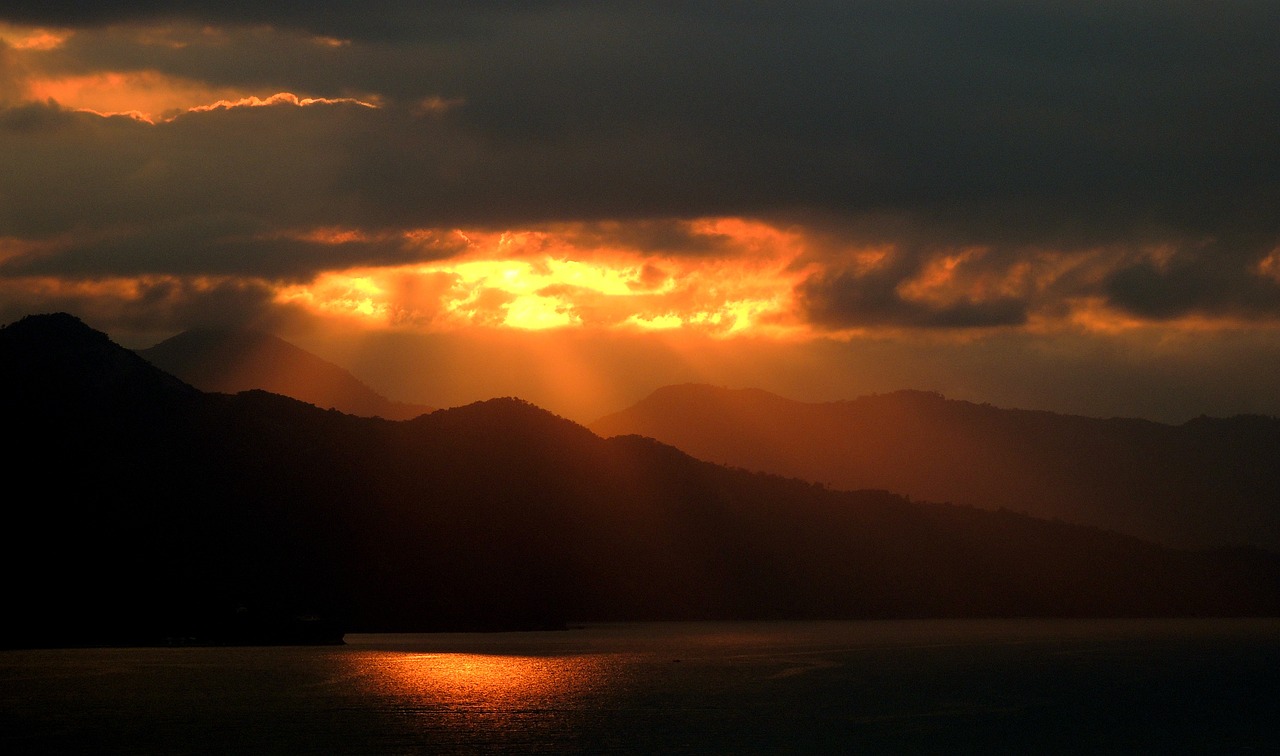
Travel Tips and Visitor Information
Planning a trip to the remote islands of Orkney? Here are some essential travel tips and visitor information to help you make the most of your experience in this unique archipelago.
When visiting Orkney, it's important to keep in mind that the weather can be unpredictable. Be prepared for sudden changes in conditions by packing layers and waterproof clothing. The maritime climate of the islands means that rain and wind are common, so it's advisable to have suitable gear to stay comfortable during your explorations.
Transportation around the Orkney Islands is primarily by car, so if you're planning to explore multiple sites, consider renting a vehicle for convenience. Alternatively, there are bus services available, but they may have limited schedules, especially in more remote areas. Cycling is also a popular way to get around the islands, offering a closer connection to the stunning landscapes.
Accommodation options in Orkney range from cozy bed and breakfasts to self-catering cottages and luxury hotels. Booking in advance is recommended, especially during the peak tourist season, to secure your preferred choice of stay. Additionally, camping is permitted in designated areas for those seeking a more outdoor experience.
For those interested in experiencing the local culture and traditions of Orkney, be sure to check out the various festivals and events that take place throughout the year. From music festivals to agricultural shows, there's always something happening that showcases the vibrant community spirit of the islands.
Exploring the historical sites and archaeological wonders of Orkney is a must-do for any visitor. Make sure to plan your itinerary in advance to include iconic landmarks such as Skara Brae, the Ring of Brodgar, and the Italian Chapel. Guided tours are available for a more in-depth exploration of these fascinating sites.
When dining in Orkney, don't miss the opportunity to savor the local cuisine, which highlights the region's fresh seafood and traditional dishes. From Orkney beef to smoked fish and artisanal cheeses, there's a wide range of flavors to tantalize your taste buds. Be sure to visit local markets and eateries to sample the best of Orkney's gastronomy.
Lastly, remember to respect the natural environment and cultural heritage of Orkney during your visit. Take care to follow designated paths, avoid disturbing wildlife, and support local conservation efforts. By being a responsible visitor, you can help ensure that future generations can continue to enjoy the beauty and authenticity of the Orkney Islands.
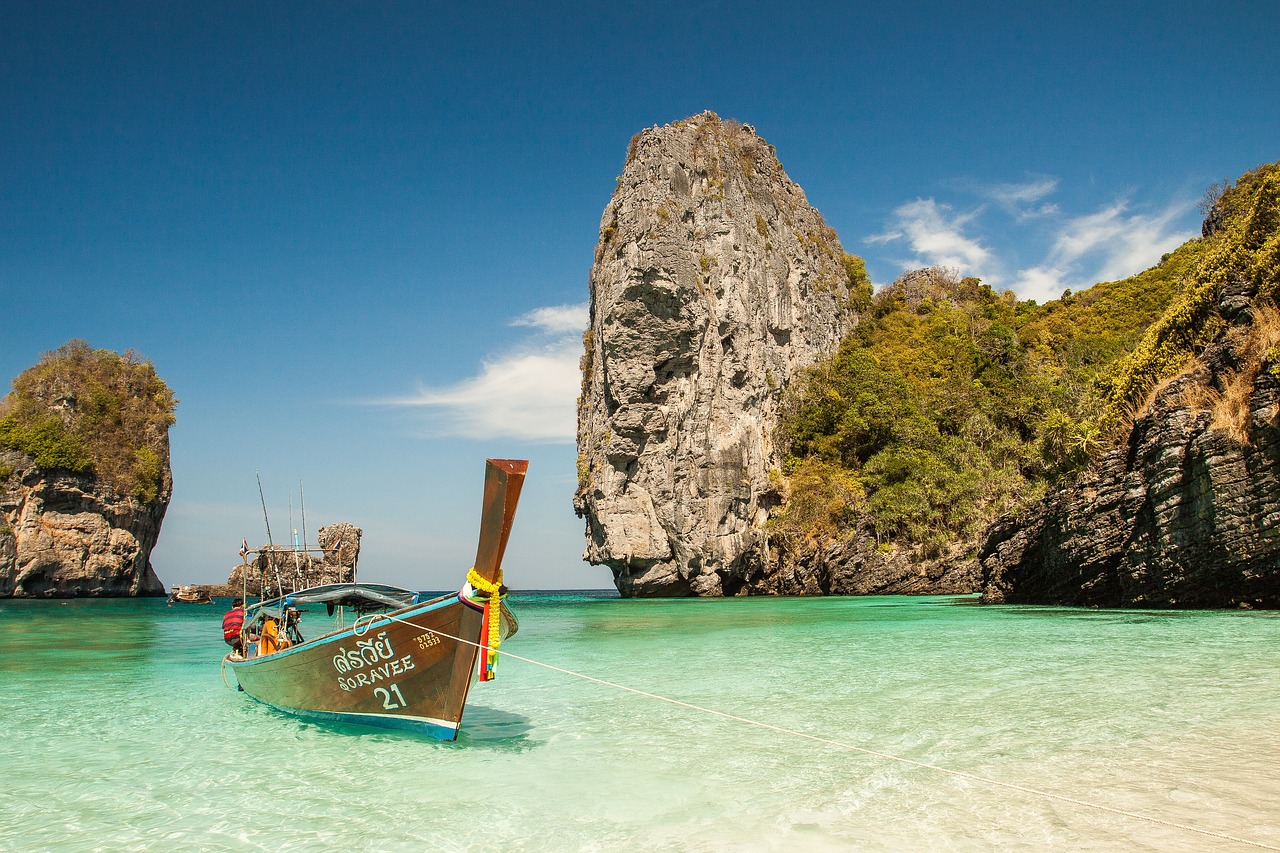
Conservation Efforts and Sustainability
Conservation efforts and sustainability are paramount in preserving the unique environment and cultural heritage of the Orkney archipelago. The local communities and organizations on the islands are dedicated to implementing initiatives that aim to protect the diverse wildlife, fragile ecosystems, and historical sites that make Orkney so special.
One of the key conservation efforts in Orkney is focused on protecting the seabird colonies that inhabit the cliffs and shores of the islands. Species such as puffins, razorbills, and guillemots rely on these coastal habitats for breeding and feeding, making it essential to safeguard these areas from human disturbance and environmental threats.
Additionally, sustainable fishing practices play a crucial role in maintaining the marine biodiversity around Orkney. Local fishermen adhere to quotas and regulations to ensure the long-term viability of fish stocks, supporting both the ecosystem and the livelihoods of those dependent on fishing in the region.
The Orkney Islands also prioritize renewable energy sources as part of their sustainability efforts. With abundant wind and tidal resources, Orkney has become a leader in green energy production, harnessing the power of nature to reduce reliance on fossil fuels and decrease carbon emissions.
Furthermore, educational programs and awareness campaigns are integral to promoting environmental stewardship among residents and visitors alike. By fostering a sense of responsibility and respect for the natural world, Orkney aims to instill a culture of sustainability that will endure for generations to come.
Frequently Asked Questions
- What is the best time to visit the Orkney Islands?
The best time to visit the Orkney Islands is during the summer months, from June to August, when the weather is milder and the days are longer. This period allows you to fully enjoy the outdoor activities and explore the natural beauty of the islands.
- How do I get to the Orkney Islands?
You can reach the Orkney Islands by ferry or plane. There are regular ferry services from mainland Scotland, while flights operate from major cities like Edinburgh and Aberdeen. It's advisable to book your transportation in advance, especially during peak tourist seasons.
- What are some must-see attractions in Orkney?
Some of the must-see attractions in Orkney include the UNESCO World Heritage Sites of Skara Brae and the Ring of Brodgar, the Italian Chapel, the Highland Park Distillery, and the stunning coastal cliffs of Yesnaby. These sites offer a glimpse into the rich history and natural beauty of the islands.
- Are there accommodation options available on the Orkney Islands?
Yes, there are various accommodation options available on the Orkney Islands, including hotels, guesthouses, self-catering cottages, and campsites. It's recommended to book your accommodation in advance, especially if you are visiting during the peak tourist season.
- What wildlife can I expect to see in Orkney?
Orkney is home to a diverse range of wildlife, including seabirds like puffins and razorbills, seals, otters, and even occasional sightings of whales and dolphins. Birdwatching enthusiasts will particularly enjoy the seabird colonies that inhabit the cliffs and shores of the islands.



















